Today’s readings
The devil wants more than anything for us to forget who we are. He really didn’t care if Jesus ruined his fast by turning some stones into bread, or if he killed himself trying to test God, and he certainly had no intention of making him king of the world. What he wanted, what he really wanted, was for Jesus to forget who he was and give himself over to him. And we see in the first reading that that’s how it all started. The serpent didn’t care what tree Eve ate from, he just wanted her, and Adam, to forget who they were, to forget that they were beloved children of God and that God would take care of them.
So if I could suggest a theme for us for Lent, it might be “Remembering Who We Are.” That’s why we have the Cross up here, front and center. I want us to see that in the Cross, God gave us the very best he had, and that when we take up our own cross, God sustains us and makes us more than we could be on our own. Just as Jesus remembered that he was God’s Son and that he came here for a reason, and that reason was to save us from our sins, so we have to remember that we are sons and daughters of God, and we are here for a reason. The devil will try all sorts of tricks to get us to forget that. He will throw at us job difficulties, serious illnesses, the death of loved ones, family strife, and the list goes on and on. He will tempt us with the latest gadgets, the job promotion, the opportunity to get rich quick, and that list goes on and on too. He wants us to forget who we are.
Because if we forget who we are, the devil’s job is an easy one. If we forget that God made us and redeemed us out of love for us, then he’s got his foot in the door. Once that happens, hell looks like something glamorous, enticing and exciting. It feels like living on our own terms, looking out for number one, and doing what feels right to me. And that’s awesome, except of course, that it’s hell. And the glamour fades and the excitement turns to rancor, and we’ve wasted our lives chasing after stuff that doesn’t really matter in the grand scheme of things.
The antidote to this hell of our own making, is letting go – giving what might even seem to be necessary to us, and trusting that God will give us what we need. That can be the treasure of Lent for us. In fasting, we can let go of the idea that we alone can provide what is necessary for our survival. God can feed our hungers much better than we can. In almsgiving, we can let go of the idea that everything is ours if we would just worship the one who cannot give us what we truly need. God gives us what’s really necessary in life, and also life eternal. And in prayer, we can let go of the fading pleasures of this world and of Satan and take on the enduring luster of a life lived as a son or daughter of God.
And so I would like to suggest a program of retreat for these forty days of Lent. It’s nothing new; I didn’t create it. It’s what the Church gives us every Lent, and I feel like if we want to remember who we are, we should take it on in its entirety. So this retreat consists of the three things I just mentioned: fasting, almsgiving and prayer. And our parish gives you so many resources for choosing something to do for each of them. You may have seen our Lenten tear-out sheet in last week’s bulletin. If you missed it, we will be mailing it to each house in the parish in the coming days. Take a look at it, post it on your fridge, and plan to make this Lent a good one.
For fasting, we have our day of Fasting and Reflection on April 1. It’s a day that you do independently with some input from us. Fast that day from 6am to 6pm, attend 8am Mass and pick up the reflection guide, attend Adoration from Noon to 1pm, then end the day with Mass and making lunches for PADS at 6pm. It’s a day of making sense of fasting, and letting God give us what we need while we hunger for him.
For almsgiving, I’d like to encourage us to help with the 40 Cans for Lent. Our parish food pantry is in need of restocking right now, and so your donations of a box or can of food each day of Lent help so much. You can also help our Knights of Columbus in this effort by distributing food bags on March 4th and collecting them on the 11th. And that’s just one example of almsgiving that will really make a difference.
And for prayer, our parish is doing the “Living the Eucharist” series this Lent. This is an opportunity for us all to come to a greater understanding and love of the Eucharist that we share each week here at Mass. So you can pick up a copy of the individual reflection booklet at the information desk today. I’ve been using them for prayer the last few days and they are really good. We also sent a family activity book home with each school and religious education family, so if you have one, please take some time as a family to work through it. We also have a weekly reflection each Sunday of Lent in the bulletin. And finally, it’s not too late to sign up for one of our “Living the Eucharist” small discussion groups; you can do that at the information desk today.
Fasting, almsgiving and prayer remind us that we are beloved sons and daughters of God who are always taken care of by God, if we let Him; that when we give of ourselves, we all become more; and that as we become more our prayer leads us into the life of God himself. May we have a blessed, and joyful Lenten retreat, all of us, sons and daughters of God.
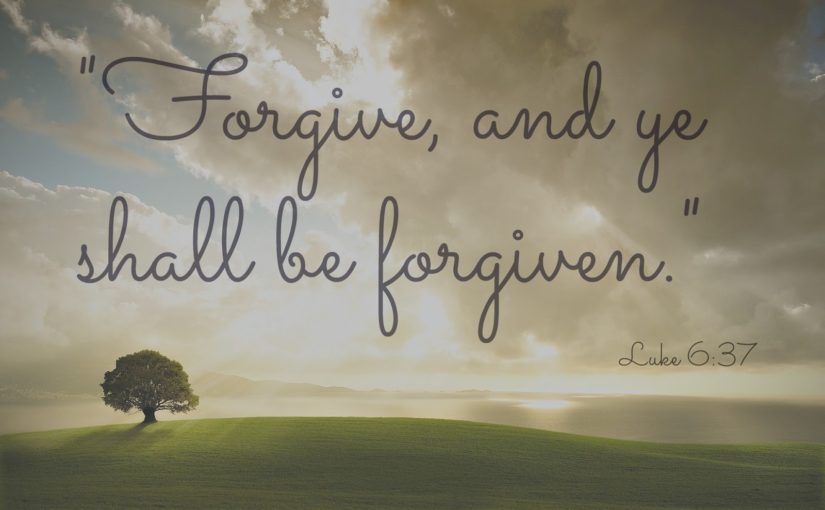
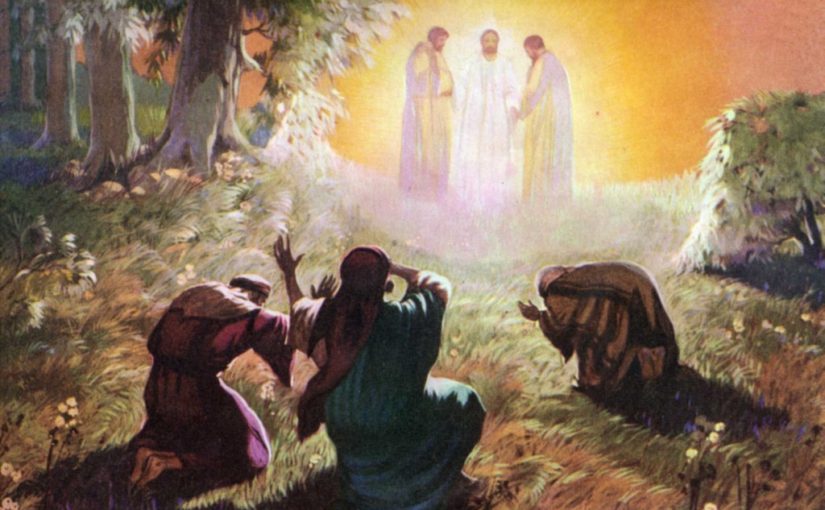



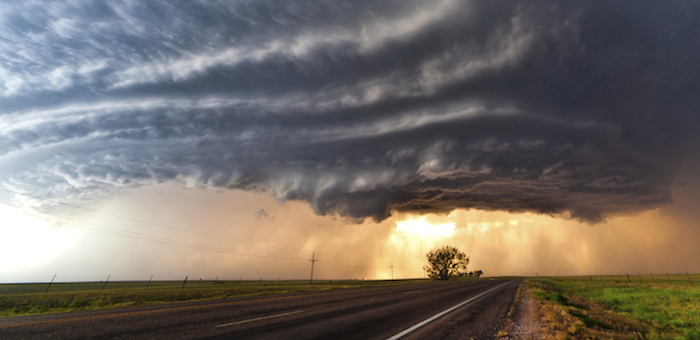
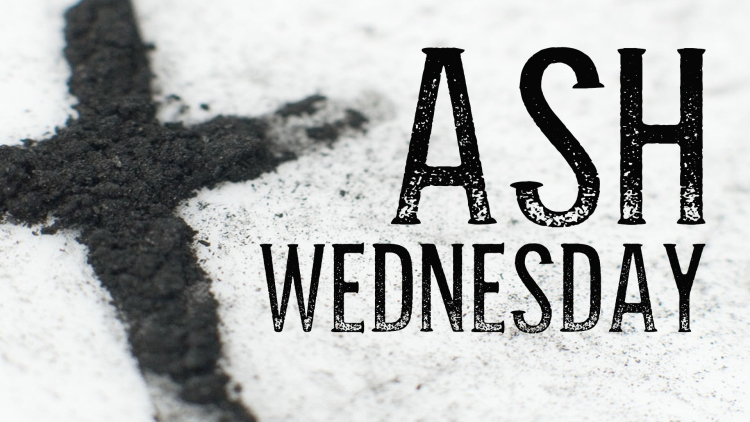
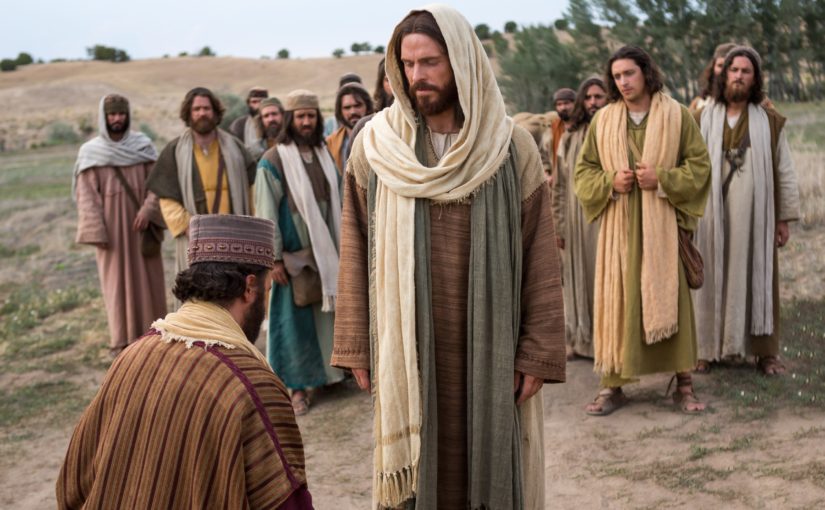
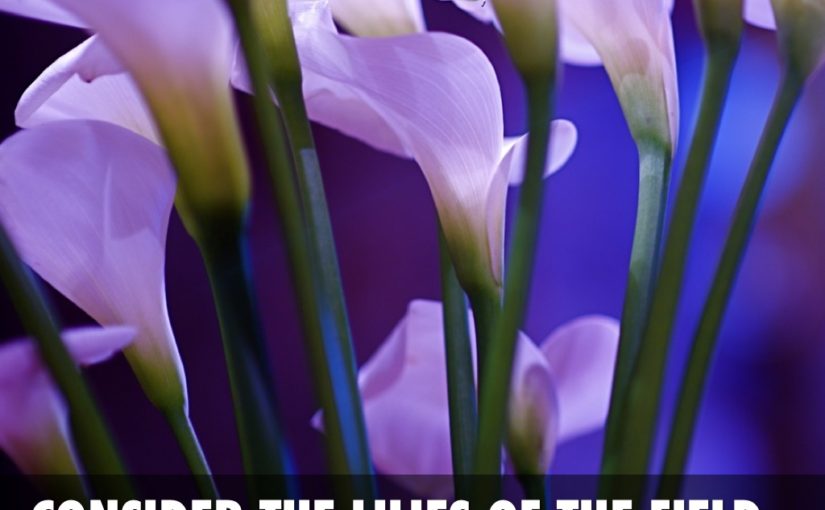
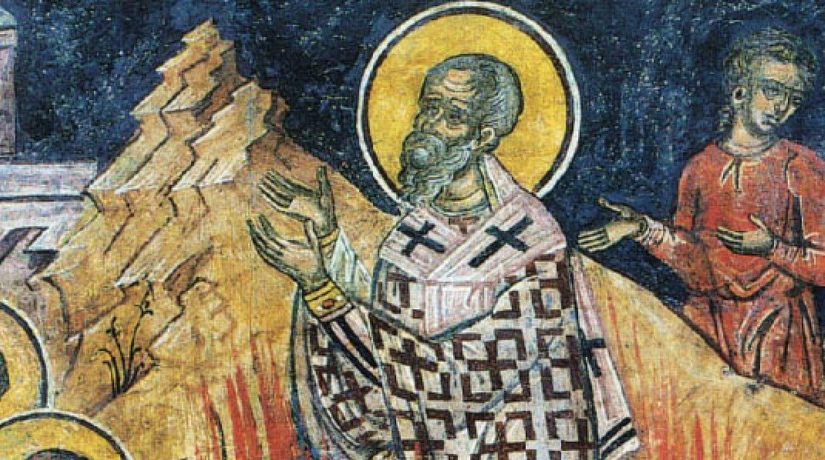
You must be logged in to post a comment.